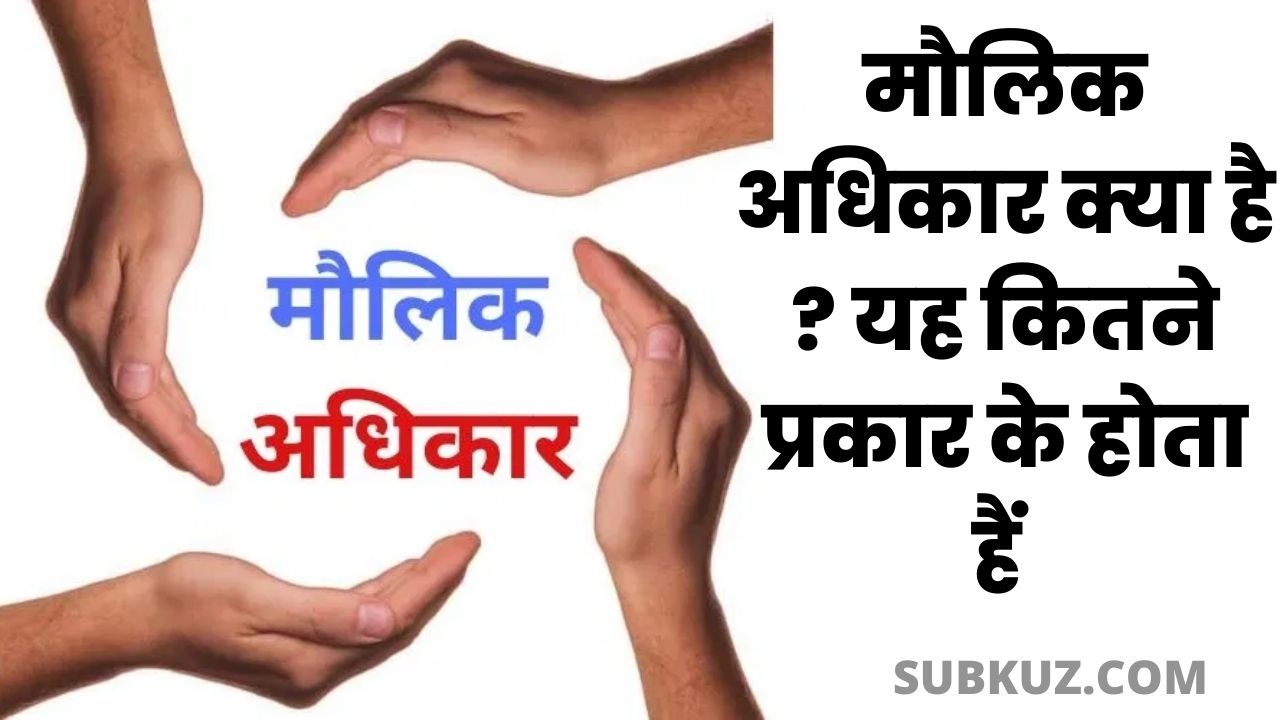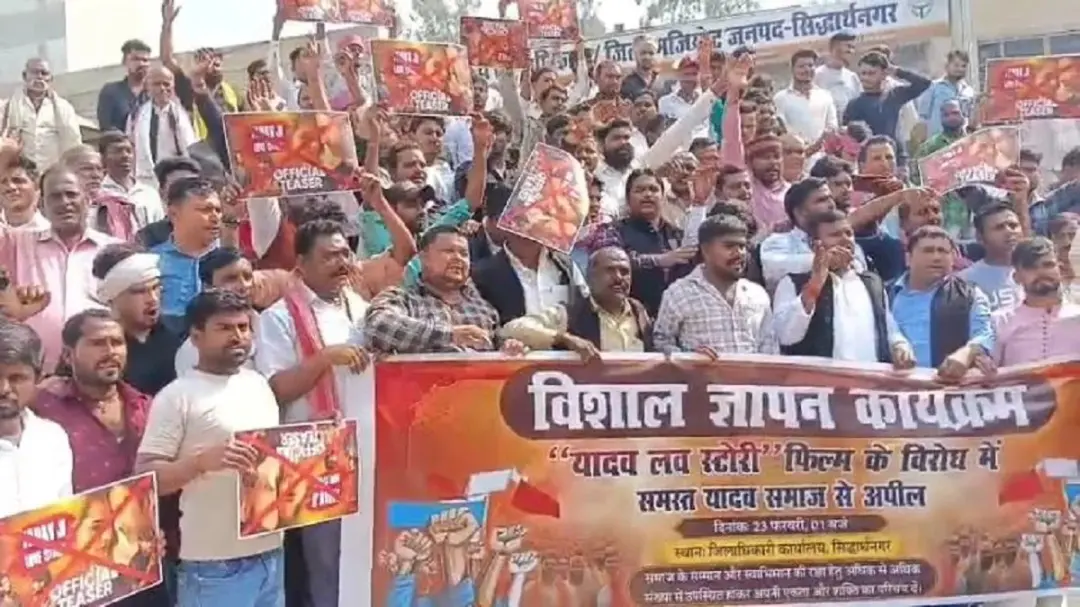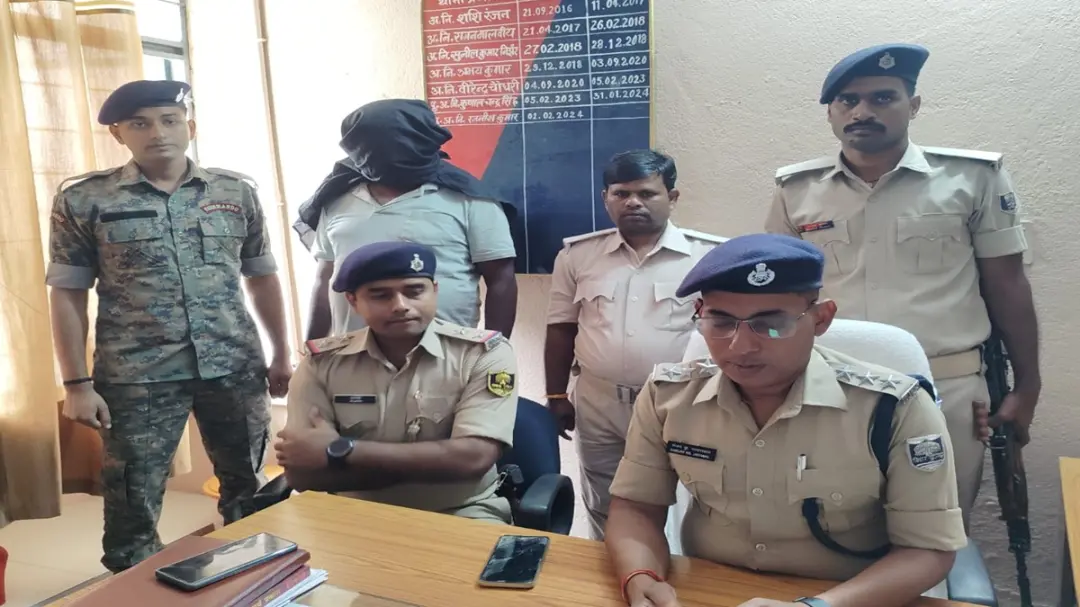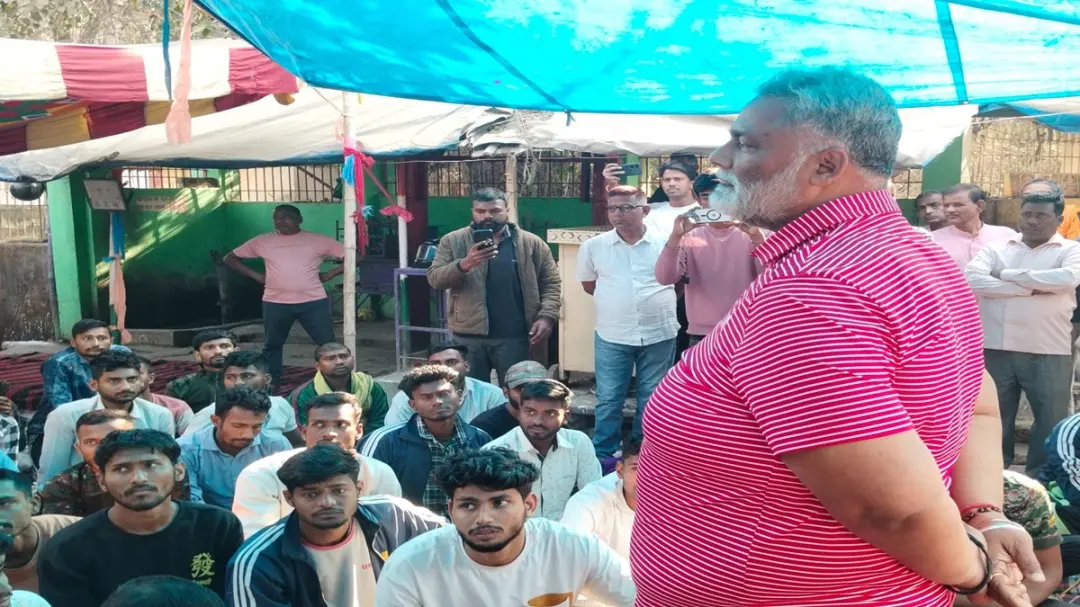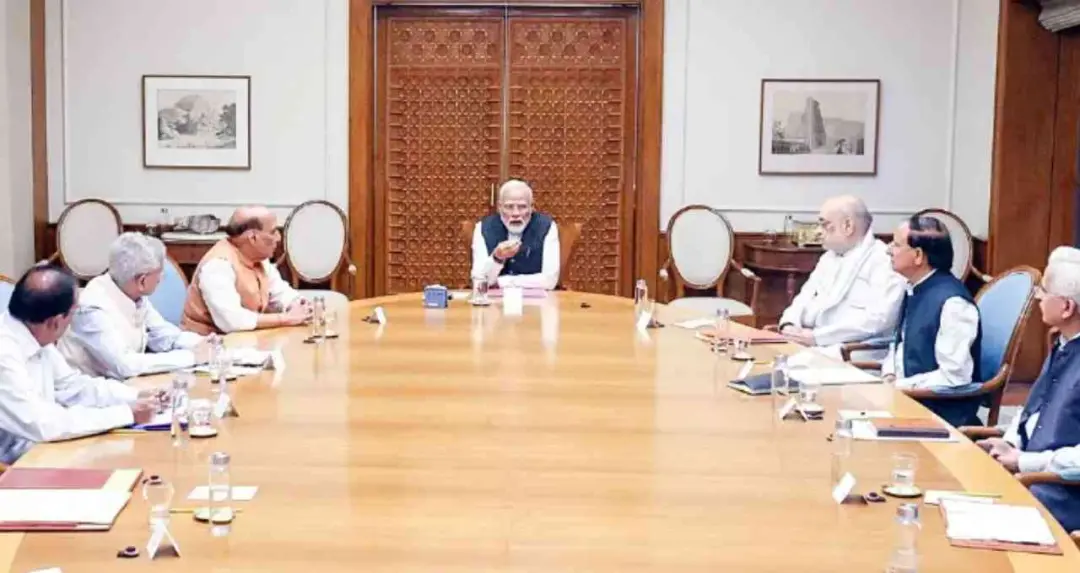Fundamental Rights are the rights granted to citizens by the Constitution, which are essential and fundamental to individual lives. Fundamental rights act as a shield against arbitrary state actions for ordinary citizens. These rights define the social conditions without which a person's full development is not possible. Let us understand the number of fundamental rights present in India and what they entail.
Difference between Fundamental Rights and Legal Rights
Legal rights are enforced and protected by the state, while fundamental rights are enforced and protected by the Constitution.
Legal rights can be altered by the legislature, but fundamental rights require constitutional amendments to be changed.
Originally, there were 7 fundamental rights, now there are 6.
Initially, the Constitution had 7 types of fundamental rights, but with the 44th Amendment Act of 1978, the right to property (Article 31) was removed and placed under legal rights in Article 300(A) of the Constitution. Consequently, today, the Indian Constitution describes 6 fundamental rights. Let us discuss these 6 rights.
In the 1931 Karachi Session (chaired by Sardar Vallabhbhai Patel), the Congress, in its manifesto, demanded fundamental rights. The framework of fundamental rights was drafted by Jawaharlal Nehru.
What are Fundamental Rights?
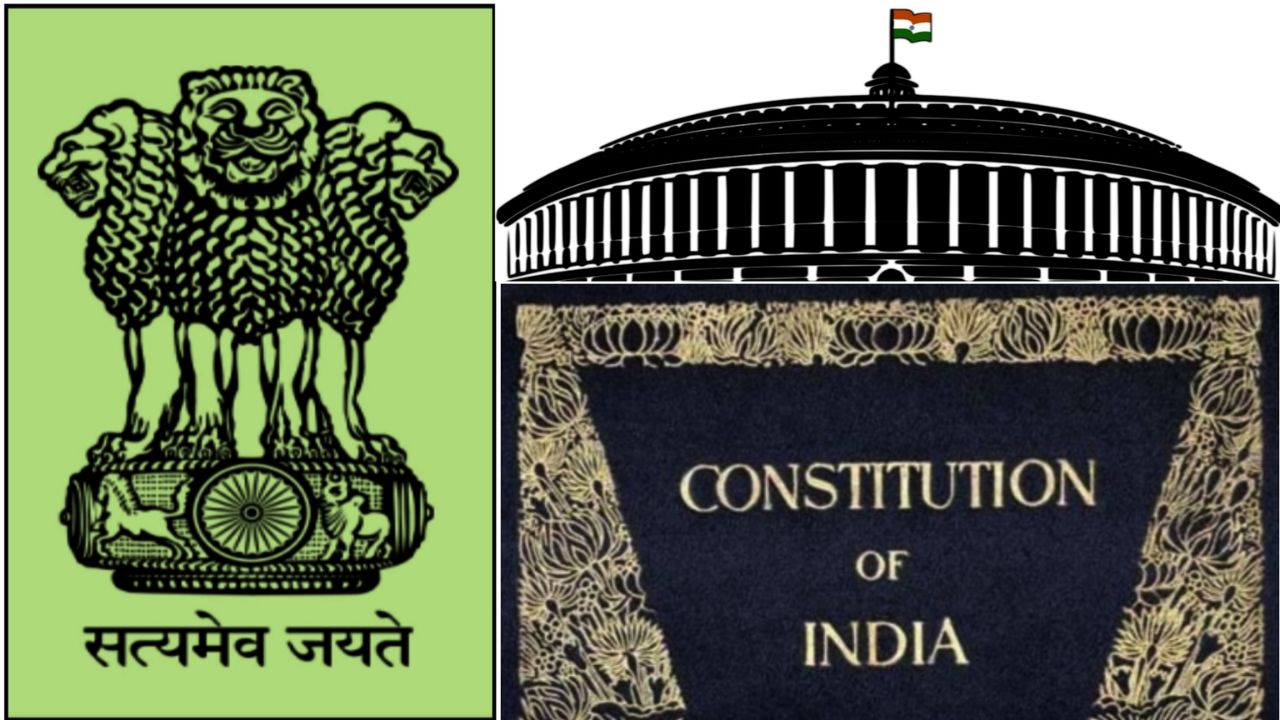
Right to Equality:
Under this right, no citizen of the state will be discriminated against on the basis of caste, religion, or gender. The right to equality ensures that the law of the state applies equally to all individuals.
Right to Freedom:
Under the right to freedom, individuals have the freedom to reside, to practice education, to engage in professions, etc., anywhere in the country. This right grants citizens the freedom of speech, forming associations, and protesting.
Right against Exploitation:
This right includes a ban on child labor, where children below the age of 14 are employed in large factories, hotels, and other places requiring labor. They are made to work for less than their warranted wages, thereby exploiting them and darkening their futures.
Right to Freedom of Religion:
Under this right, every citizen of our country has the freedom to embrace any religion and propagate it. If someone wishes to change their religion, they are free to do so, and no legal action will be taken against them.
Cultural and Educational Rights:
Under this right, every citizen of our country belongs to any section has the right to preserve their script, language, and culture. Under this, any minority group can run educational institutions according to their qualifications.
Right to Constitutional Remedies:
Dr. B.R. Ambedkar considered the Right to Constitutional Remedies the 'heart' of the Constitution. This right has five provisions.
1. Habeas Corpus
2. Mandamus
3. Prohibition
4. Certiorari
5. Quo Warranto
